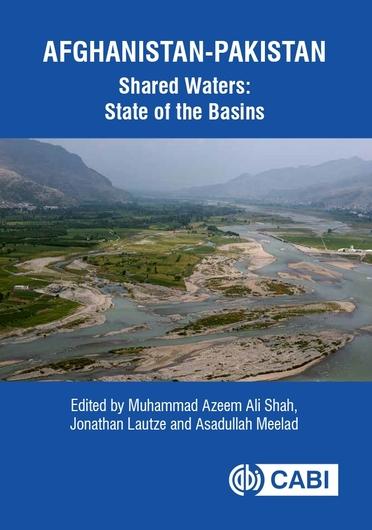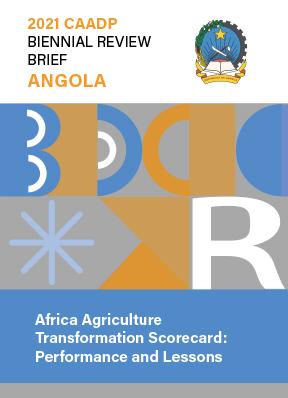Scientific Publication
Les pratiques culturales dans les petits perimetres irrigues
Ouattara, S.; Dembele, Y.; Zida, Z. 1997. Les pratiques culturales dans les petits perimetres irrigues. Sally, H. (Ed.), Ameliorer les performances des perimetres irrigues: Les actes du Seminaire Regional du Project Management de l'Irrigation au Burkina Faso, 24-26 Juillet 1996, Ouagadougou. Ouagadougou, Burkina Faso: IIMI. Burkina Faso. pp.171-195.


![Multiscale water accounting under climate change in a transboundary West African basin [Abstract only]](/sites/default/files/styles/wide/public/cover-image/retrieve%26filename%3D514cc7c25b44d061a17acea51e79086f.jpg?itok=3XT53djG)